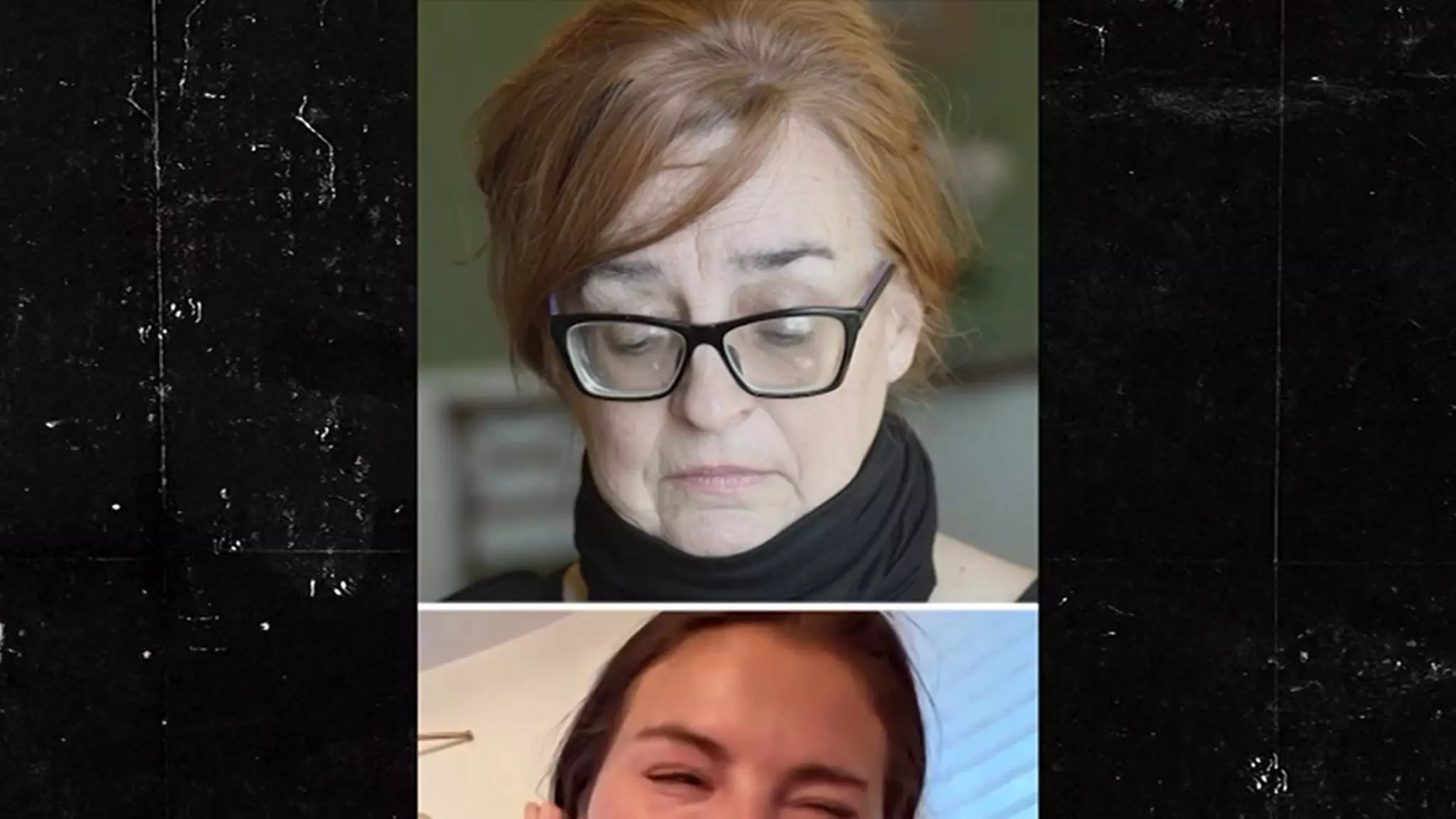In the wake of recent mass arrests conducted by U.S. Immigration and Customs Enforcement (ICE), pop icon Selena Gomez found herself in the crosshairs of political scrutiny. Her emotional reaction, where she expressed sorrow over the deportations and shared her feelings about how her community was being targeted, caught the attention of the Trump administration. The ensuing backlash was swift and severe, as officials accused Gomez of lacking understanding for the victims of crimes committed by undocumented migrants. This situation underscores a central challenge in the immigration debate: the struggle between empathy for individuals and concern for the broader community.
The White House’s choice to include Gomez in their messaging reveals an unusual tactic of politicizing a celebrity’s emotional appeal. Posting a video on social media that highlighted the cases of three women who were reportedly murdered by undocumented individuals, the administration sought to pivot the narrative. The aim was clear: demonstrate that compassion for immigrants can overshadow legitimate concerns regarding public safety. By introducing personal testimonies from the mothers of these victims, officials effectively framed Gomez’s emotional outburst as naive or misguided. Such a strategy highlights how political entities can harness personal stories to serve their agendas, raising questions about authenticity and moral polarization.
The mothers’ declarations serve to amplify their grief and foster a sense of urgency about the perceived dangers posed by illegal immigration. Their statement, which accused Gomez of performing an act for sympathy rather than authentically understanding their loss, emphasizes a deep rift in American discourse surrounding immigration. The pain these women feel—one that stems from actual tragic experiences—reflects how deeply the immigration issue resonates, drawing stark lines between certain demographics and their lived realities. The juxtaposition of their anguish against Gomez’s erratic emotional responses reveals an unsettling dynamic: empathy often feels inadequate when confronted with real violence.
Selena Gomez’s intentions appeared clear when she posted her video—she aimed to express empathy for those impacted by ICE actions. Yet, the rapid deletion of her heartfelt message suggests a moment of realization about the contentiousness of the topic. In a landscape where emotions run high on both sides, the immediate backlash and requests for her to engage with Congress indicate that public figures in the immigration debate must tread carefully. Far beyond simply expressing feelings, there is an expectation for accountability, fostering a false dichotomy between compassion for individuals and safeguarding community safety.
Gomez’s case serves as a microcosm for a broader trend in which celebrities are dragged into the political arena, whether they choose to be or not. As the conversation surrounding immigration policy evolves, it challenges public figures to navigate a complex web of social responsibility, personal beliefs, and the consequences of speaking out. This dynamic reflects how celebrity influence can simultaneously enlighten and complicate political discourse, highlighting the essential need for responsible dialogue that bridges emotional appeals with pragmatic solutions.
The clash between celebrity empathy and political narratives illuminates the intricacies of the immigration debate in the United States, reminding us that the human experience is often fraught with conflicting sentiments and diverse interpretations.

